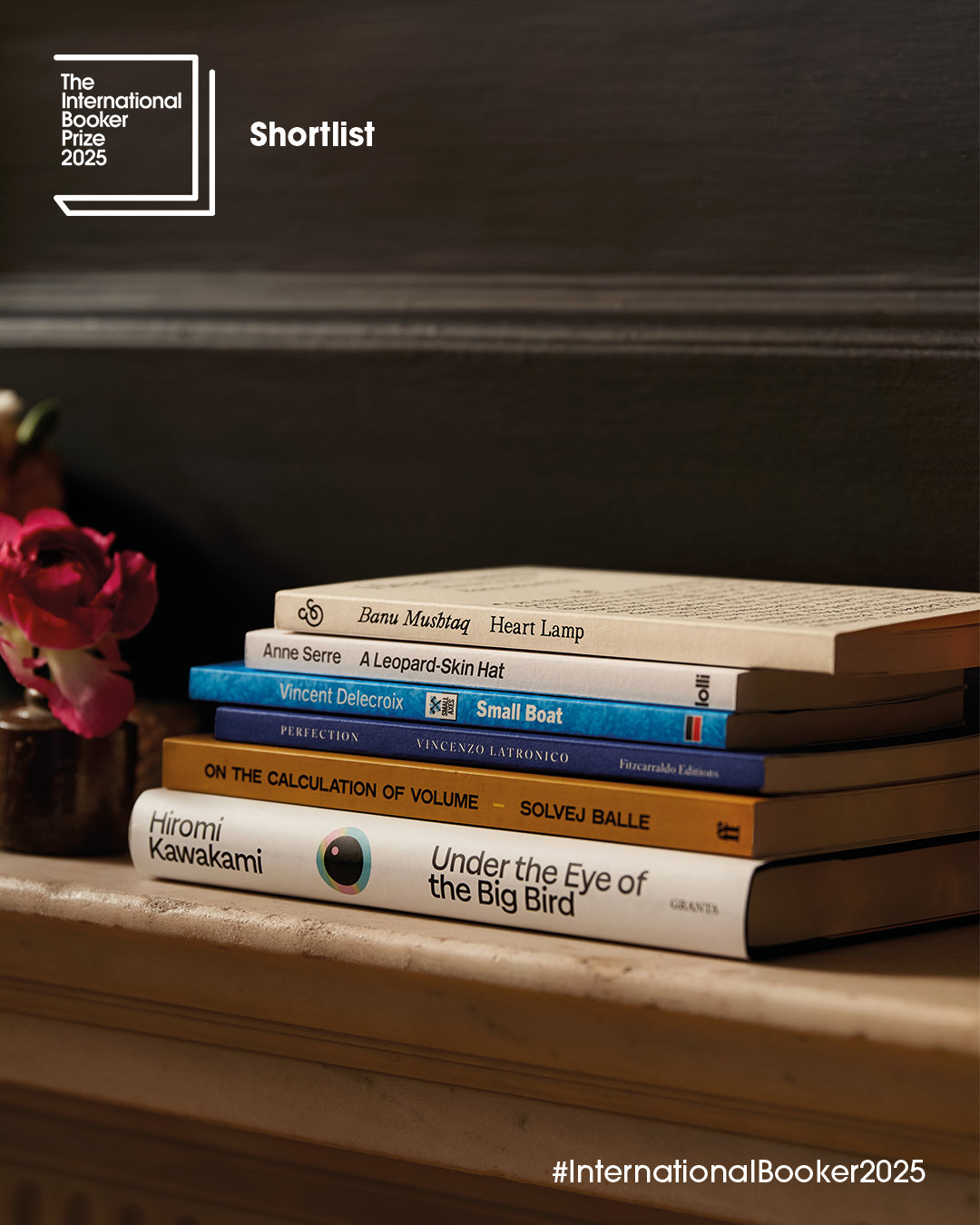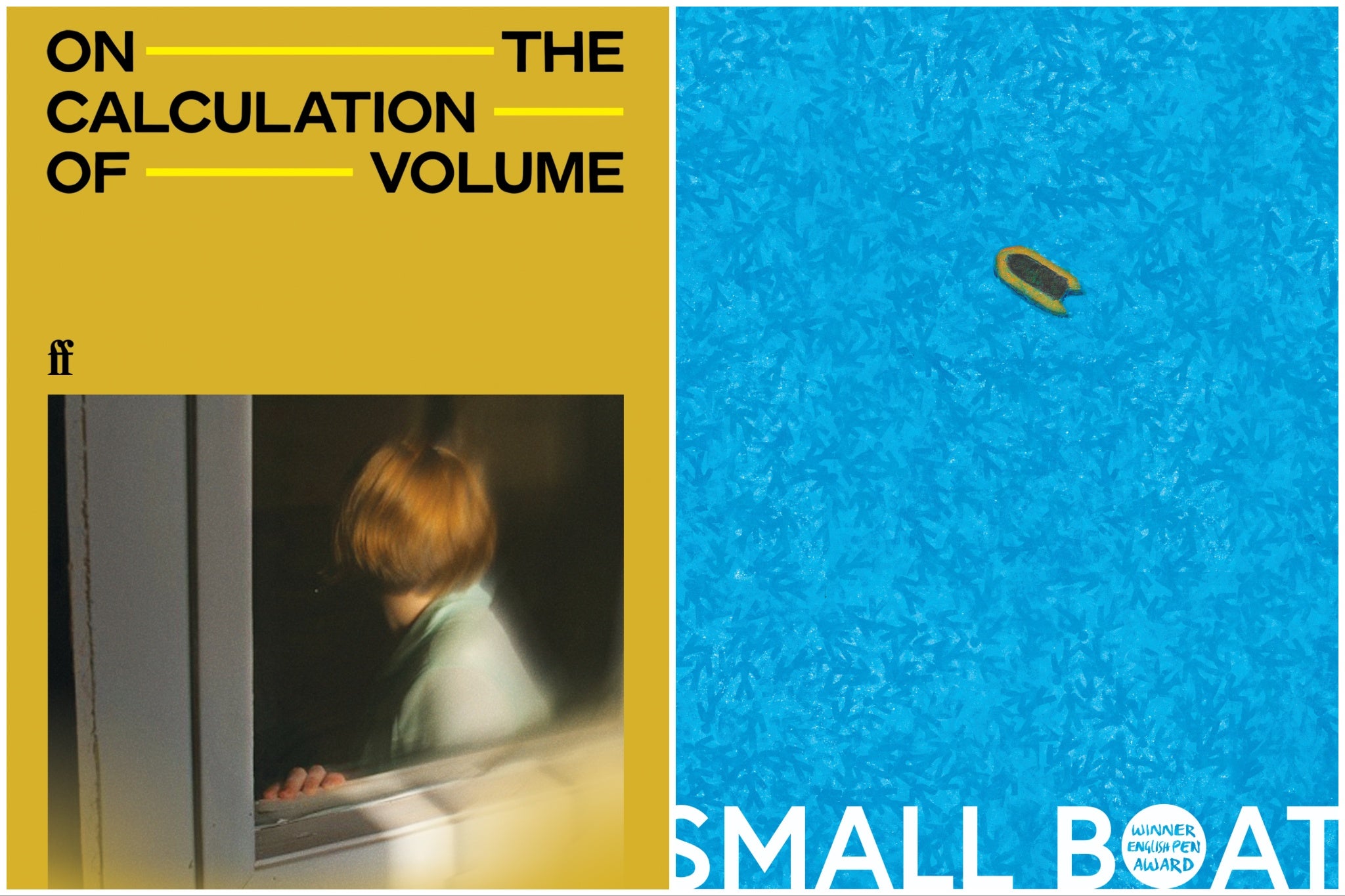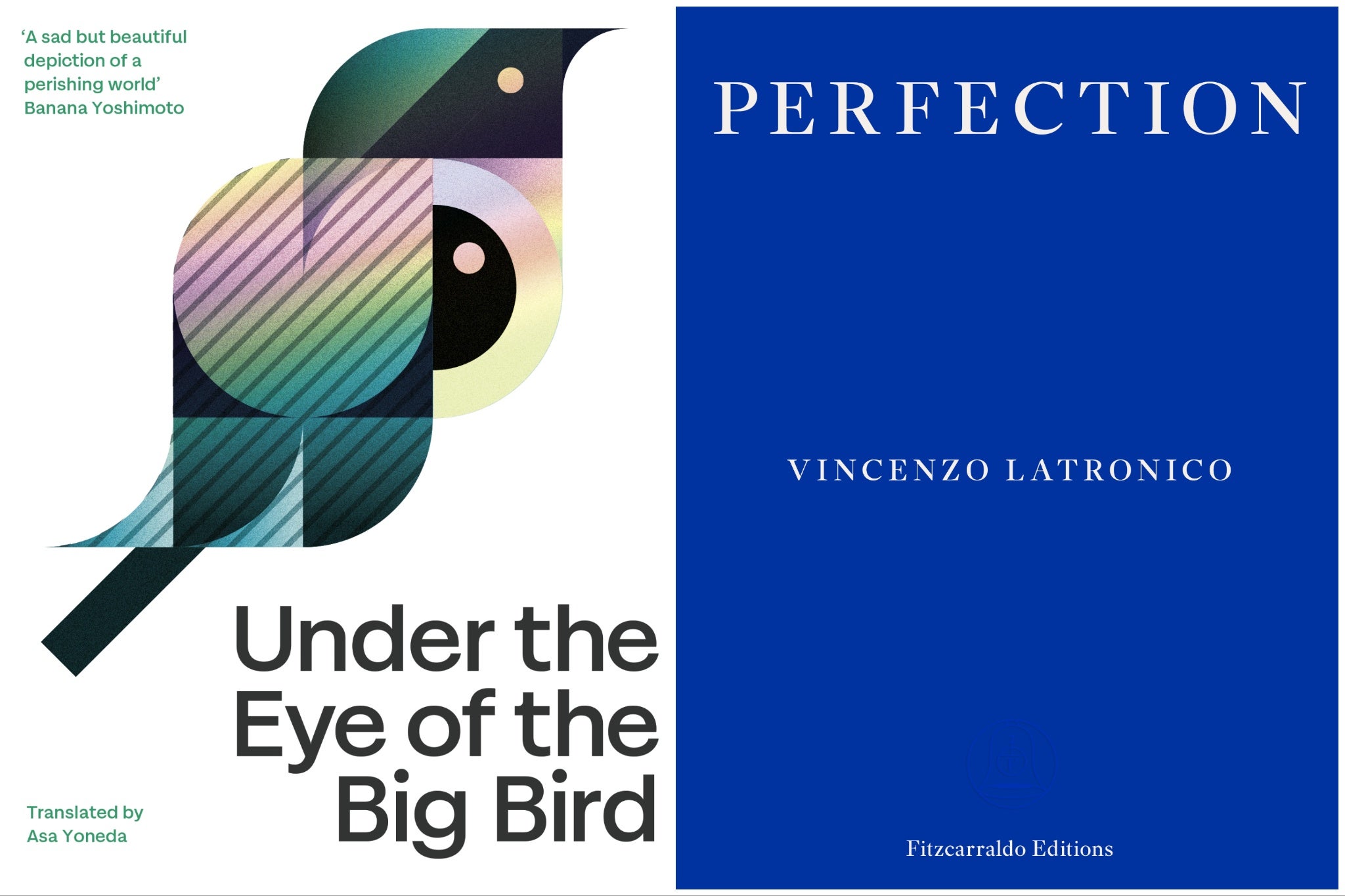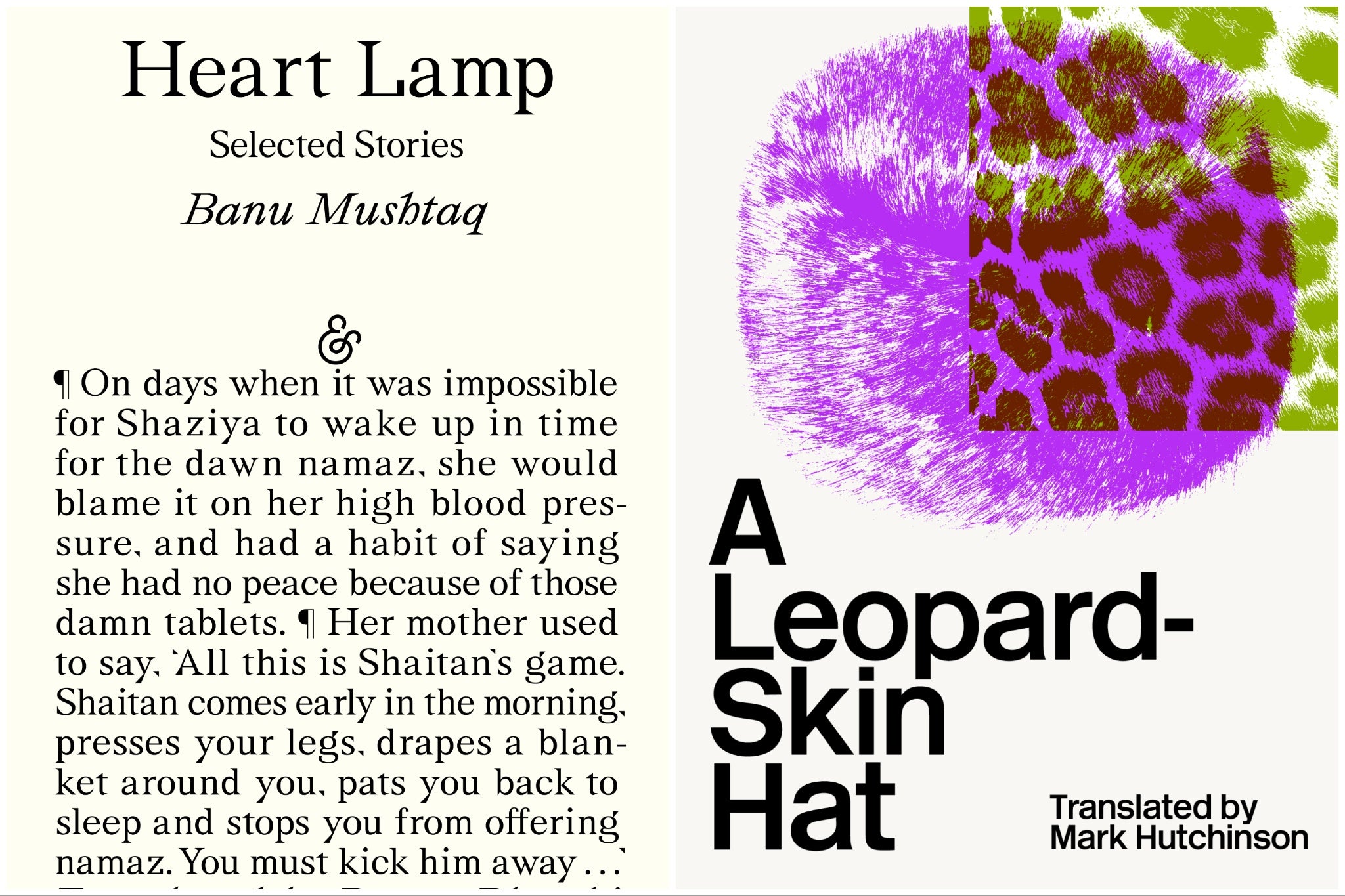The shortlist for the International Booker Prize 2025 has been announced, with “mind-expanding” titles promising to awaken an appetite “to question the world around us”.
Celebrating the best works of long-form fiction or collections of short stories published in the UK, the prestigious award showcases the best literary works from across the globe.
This year’s list features titles that could become the first Danish, Italian, or Japanese winners. All books are independently published, making this a first for the prize. They are translated from five original languages, including Kannada for the first time – the mother tongue of around 40 million people.
Many of the books have been decades in the making, with three authors making the shortlist with their first English language publications. All writers are the winners of literary plaudits in their home countries.
A panel of judges whittled down their shortlist from a longlist of 13, selected from 154 books submitted by publishers – the highest number since the prize was launched in its current format in 2016.
The winning book will be announced at a ceremony held at the Tate Modern in London on 20 May 2025, as the gallery celebrates its 25th anniversary. The announcement will also be live-streamed on the Booker Prize social media channels. The winner will be awarded £50,000 to be split between the author and translator.

We’ve listed the finalists below:
On the Calculation of Volume I, Solvej Balle
Solvej Balle’s work was initially self-published before becoming a word-of-mouth sensation. He first came up with the idea for the book in the 1980s. In the first part of the Danish writer’s septology, his protagonist, Tara Selter, finds herself stuck in a time loop, unable to escape the day of 18 November. Balle initially felt the concept was “foolish”, especially after Hollywood’s release of Groundhog Day. But in an instance of life imitating art, the idea kept returning to Balle, until he “realised that the only way out was to write it”. Judges described the story as a “meditation” with the translator describing its prose as “taut and spare”.
Small Boat, Vincent Delecroix
Examining migrant crossings, described by judges as the “urgent question of our time”, philosopher Vincent Delecroix does not seek to cast a “moral judgment” on the phenomenon, which costs countless lives every year. He hopes readers will face a “deep discomfort” as well as a “moral shock”. The story, translated from French, explores the capsizing of a dinghy as it crosses the channel, leading to 27 deaths. It explores how and why the tragedy happened.

Under the Eye of the Big Bird, Hiromi Kawakami
The meltdown of the Fukushima Daiichi nuclear plant in March 2011 compelled Hiromi Kawakami to write her novel. In a future where humans are nearing extinction and have settled in small tribes across the world, with children created in factories from the remnants of rabbits and dolphins. It has taken over a decade for the story to be translated into English and could be the first Japanese title to win the prize. “The visionary strangeness is truly enchanting,” say the judges.
Perfection, Vincenzo Latronico
Vincenzo Latronico tried for years to write a story set at the intersection between our physical and digital lives before drafting Perfection. The story, translated from Italian, seeks to explore the “emptiness of contemporary existence”. It follows a millennial couple as they live their dream life as digital nomads in Berlin, but beneath the veneer of fulfilment creeps boredom and unhappiness.

Heart Lamp, Banu Mushtaq
The first book in Kannada to ever feature on the shortlist, Banu Mushtaq’s 12 tales of Muslim women living in communities in southern India were originally published between 1990 and 2023 before being compiled. The stories explore “how religion, society, and politics demand unquestioning obedience from them, and in doing so, inflict inhumane cruelty upon them”. The book has drawn both censure and criticism from some parts of the Muslim community as well as accolades from Indian literary circles.
A Leopard-Skin Hat, Anne Serre
After the suicide of her younger sister, aged 43, with whom she had a close bond, Anne Serre was moved to write A Leopard-Skin Hat. The French writer subsequently wrote a story that follows the book’s narrator through their close bond with a childhood friend. It is described as “the celebration of a tragically foreshortened life and a valedictory farewell”.

Max Porter, chair of the judges, said: “Our selected six awakened an appetite in us to question the world around us: how am I seeing or being seen? How are we translating each other all the time? How are we trapped in our bodies, in our circumstances, in time, and what are our options for freedom? Who has a voice? In discussing these books, we have been considering again and again what it means to be a human being now.
“This list is our celebration of fiction in translation as a vehicle for pressing and surprising conversations about humanity. These mind-expanding books ask what might be in store for us or how we might mourn, worship or survive. They offer knotty, sometimes pessimistic, sometimes radically hopeful answers to these questions.
“Taken together, they build a miraculous lens through which to view human experience, both the truly disturbing and the achingly beautiful. They are each highly specific windows onto a world, but they are all gorgeously universal.”




